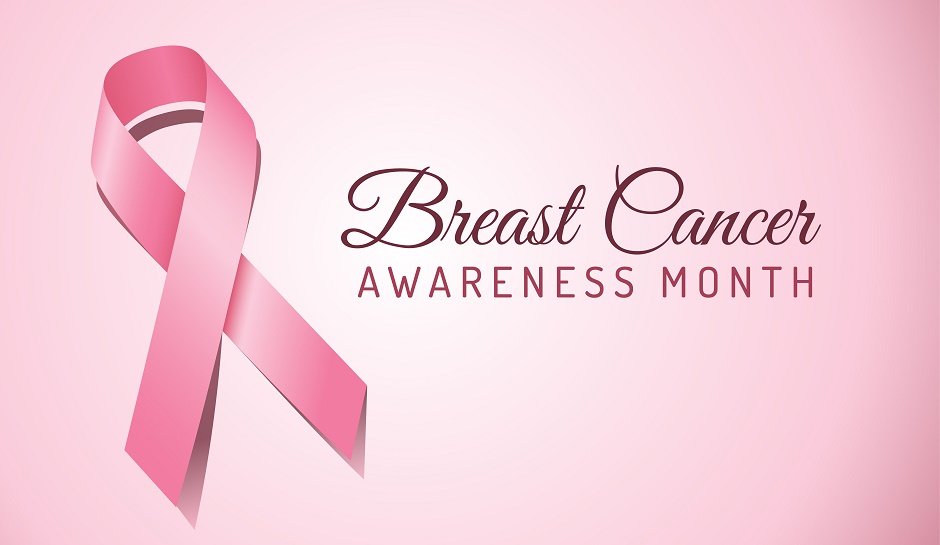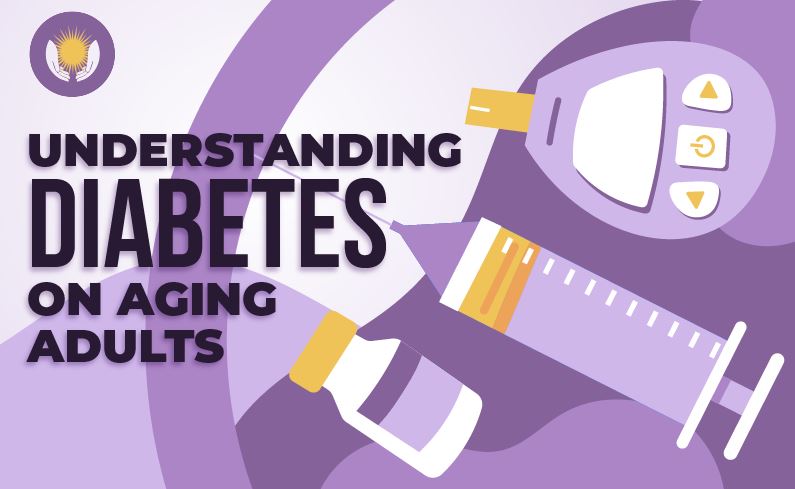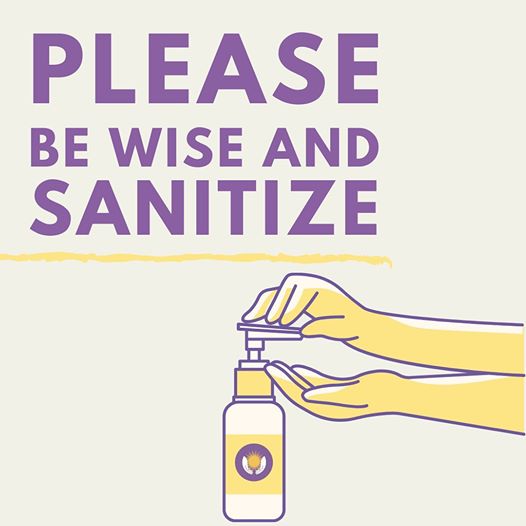5 Facts to Know in Honor of Breast Cancer Awareness Month
Thursday, October 19, 2017 - by Euro-American Connections & Homecare

Thanks to incredible advancements in research and overall awareness surrounding breast cancer, there has been a 39 percent decrease in breast cancer mortality between 1989 and now. In honor of Breast Cancer Awareness Month, we thought it would be helpful to share some statistics and tips to give you more insight into the risk factors and when and why breast cancer screenings are key to you and your client’s health.
- There are several key risk factors that contribute to a higher risk of developing breast cancer, including age and family history, but also body weight, alcohol consumption, high bone density, and believe it or not, being tall. Check out this table to get more insight!
- There are, however, ways to lessen your chance of developing breast cancer, like eating generous amounts of fruits and vegetables, keeping up with exercise after menopause, Vitamin D, and breastfeeding. Of course, the earlier you can embrace some key changes to your lifestyle, like getting enough exercise, the better.
- The risk of developing breast cancer actually increases amongst women as they age, which means that even if you are in good health, there should never be a time in which you are not regularly tested.
- Although mammography does not completely remove the risk of dying from breast cancer, it definitely lowers the risk. According to the National Cancer Institute, breast cancer is much less common in women under 50, and much more common in women over 50.
- It is usually recommended that women over 50 get a mammogram every 2 years, which leaves many wondering- why not once a year to be safe? The Task Force actually has found evidence concluding that a mammography every 2 years provides as much benefit
To learn more, check out the Susan G. Komen Foundation’s fantastic website, which hosts a wealth of information sourced from leaders in healthcare and cancer research. Always stay engaged and educated – especially when it comes to your health!



Comments